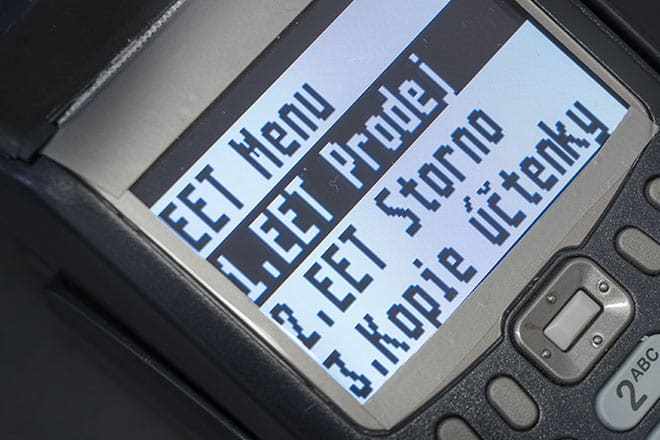Traditional Czech sauces, soft drinks and even beer. In December, the prices of restaurant beverages and meals rose by 3% compared to November, roughly a few CZK differences. In the case of a pint of beer, the price rose by about 0.8 CZK. This information comes from the Czech statistical office. Thanks to a new law, restaurants have to register all sales electronically since December 1st, 2016.
According to Deloitte analyst David Mark, the rising prices can be blamed on the new “EET” law since prices are usually fairly stable in December, which wasn’t the case this year.
Iconic Czech meals like svíčková, guláš and roasted pork got more expensive. If we were to use an example, the price of Svíčková rose from 70.18 CZK/100g in November to 73.64 CZK/100g. Since you usually order more than 100g of this meal, we used the measure for statistical purposes. Guláš costs 1 CZK more, roasted pork 2 CZK more and fish fillet 3 CZK more. A normal daily menu now (December) costs 91.49 CZK (the value was 89.30 CZK in November).
Even the Price of Beer and Wine Rose Slightly
Something similar can be observed regarding wine and beer. The price of a light lager rose from 32.61 CZK to 33.41 CZK. Half a litre of tap beer costs 27.01 CZK instead of 26.18 CZK. When it comes to wine, a 2 dl glass of red wine now costs 35.87 CZK instead of 34.70 CZK, and white wine in the same volume has risen to 34.67 CZK from 33.48 CZK.
In fast-food chains, a stagnation or sometimes even a decrease in the prices of food was observed. The price of burgers remained at 75 CZK throughout the year, the price of hot dogs fell by 0.33 CZK, and the price of 250g of fried chicken fell by 0.23 CZK.
Coffee and soft drinks also experienced a rise in prices. The price of 2dcl of orange juice was 27.48 CZK in December, so compared to November, the price rose by 2.46%. Coca-Cola’s price rose by 3.8%, a cup of coffee served in a restaurant in December cost 2.7% more, while the price of coffee machine coffee only rose by 0.69%.
ČSÚ observes prices of soft drinks and meals in about 70 dining facilities; the output serves the Ministry of Labour and Social Affairs, which can, in turn, determine travel expense rates. Prices of alcoholic drinks help the ČSÚ with establishing inflation rates.
The Second Wave of EET
Since December 2016, all dining and accommodation facilities have to report their revenues electronically. The government hopes for a decrease in the number of tax evasion cases, while the right-wing opposition criticizes the measure extensively. The second wave of EET that will formally begin this Wednesday mainly involves the retail and wholesale companies. Other business sectors will follow shortly.
EET, aside from coins and banknotes, also covers cheques, credit/debit cards and even gift cards, meal tickets, virtual currencies like Bitcoin and payments made by PayPal.

